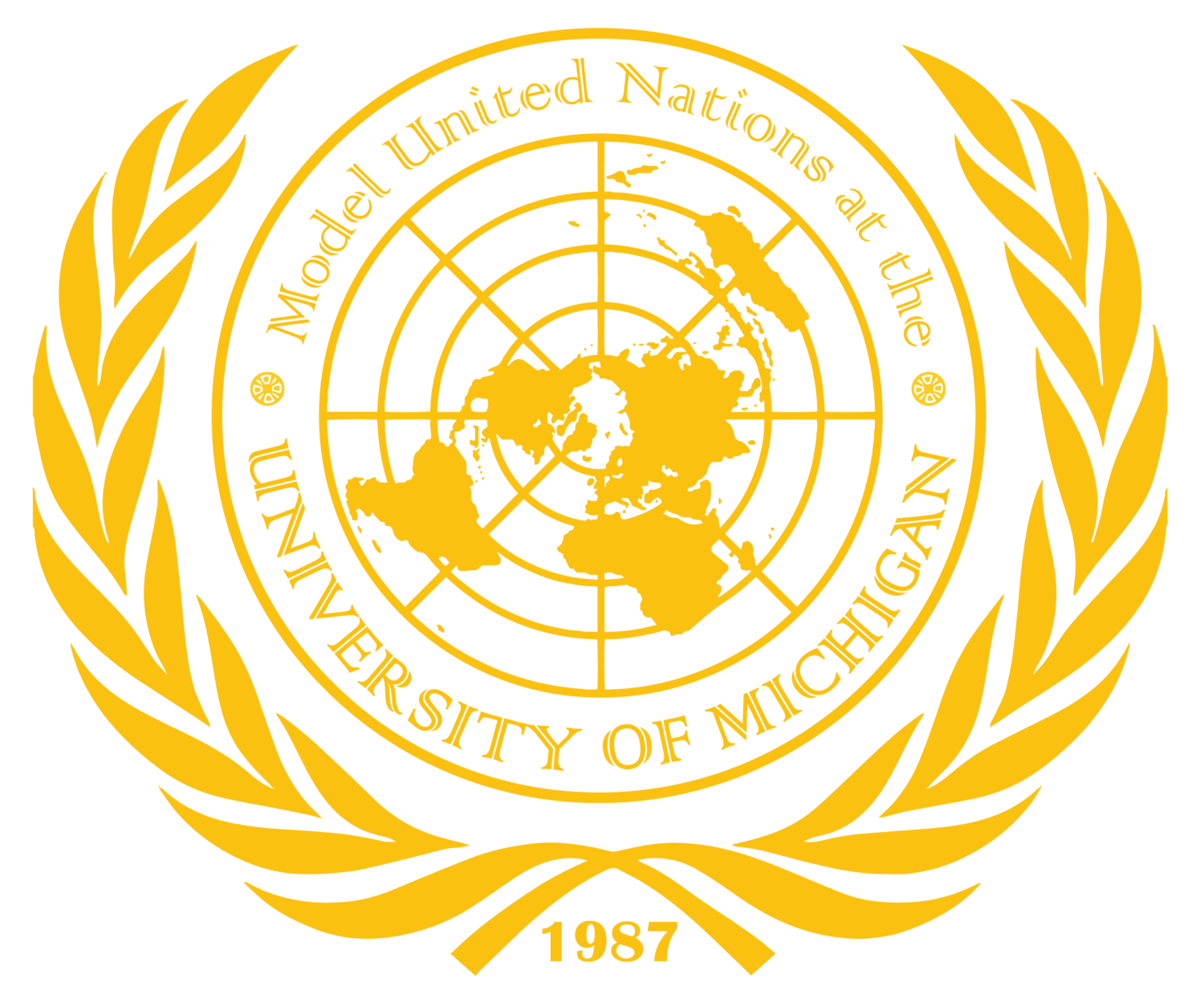By: Ash K. Srivastava [xe/xyr]
Rewriting history? More like plagiarizing history. The MUNUM UNSC has unified behind two resolutions: 1.0 and 1.1. Unfortunately, these resolutions repeat the same mistakes that the official UNSC made in 1992. Not only do these create “safe zones,” which made Bosniak Muslims “sitting ducks” (Crosby) during the war, they also name Serbians as “ethnic minorities that face threats of ethnic cleansing in the Bosnian conflict” (Resolution 1.0), even though the MUNUM UNSC received a report that Serbians were “rounding up Bosniaks within the Bosnian region...on top of their censorship and looking at [Bosniaks’] passports and roadblocks” from one of the MUNUM UNSC Chairs during Committee Session 2. It also clearly states that “the framework of [peacekeeping] operations shall not apply to weapons and military equipment” (Resolution 1.1), meaning that no action is being taken regarding Serbian arm stockpiling, which proved fatal to defenseless Bosniaks and UN peacekeeping forces in the 1990s. The resolutions also give UNSC members the power to appoint officials in crucial positions to rebuild the country, including “a committee of nations... [to] facilitate negotiations” (Resolution 1.0) about government structure. This could prove disastrous, as the system that the United States, France, United Kingdom, Germany, Russia, and the European Union helped negotiate through the Dayton Accords in 1995 has left Bosnia and Herzegovina in tatters, stuck between three presidents and with 18.56% of their population (The Borgen Project) living in poverty. Lastly, Resolution 1.0 recommends having citizens report any violence through peacekeepers, which did not work for cases of sexual assault in the 1990s because peacekeepers perpetrated and enabled Serbians to pursue severe sexual abuse of women and children during the Bosnian mission. These resolutions do not ensure the success of the MUNUM UNSC in creating better solutions than the ones implemented by the official UNSC in the 1990s.
It also seems that the MUNUM UNSC has resolved the debate about using the phrase “ethnic cleansing,” with Resolution 1.0 defining ethnic cleansing in the first clause, garnering US support. The situation continues to evolve and we will keep you posted.
Works Cited:
Crosby, Alan. “Explainer: The ‘Very Bad History’ of Safe Zones.” RadioFreeEurope/RadioLiberty, 5 May 2017, www.rferl.org/a/syria-safe-zone-explainer-srebrenica/28468420.html.
The Borgen Project. “Top 10 Facts about Poverty in Bosnia and Herzegovina.” The Borgen Project, 14 Aug. 2018, borgenproject.org/facts-about-poverty-in-bosnia-and-herzegovina/#:~:text=Despite%20its%20small%20size%2C%20however.
Westendorf, Jasmine-Kim, and Louise Searle. “Sexual Exploitation and Abuse in Peace Operations: Trends, Policy Responses and Future Directions.” International Affairs, vol. 93, no. 2, 1 Mar. 2017, pp. 365–387, academic.oup.com/ia/article/93/2/365/2982811, 10.1093/ia/iix001.
